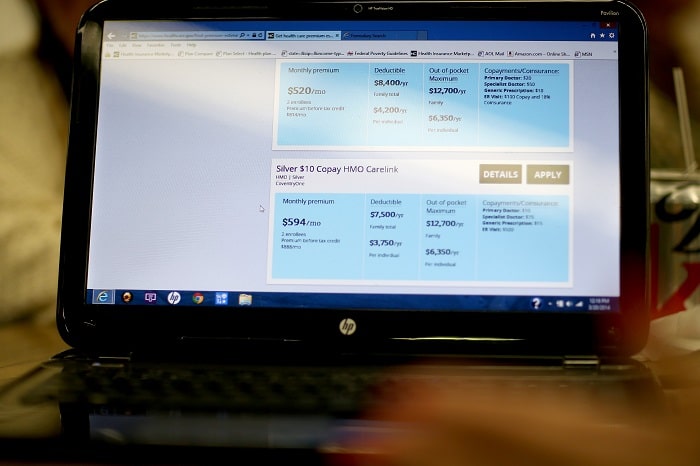
(Photo by Joe Raedle/Getty Images)
7 open enrollment tips for 2020: Open enrollment is always an important time for benefit and HR leaders. But during the pandemic, the annual event is even more vital than ever because of the important role benefits play during such a tumultuous time. That means it’s imperative for employers to capitalize on the increased opportunity and to prioritize open enrollment and step up their efforts to best inform employees and help them make the right decisions. So what exactly can employers do? Here are some strategies. Read more here.
Employer-sponsored healthcare costs top $21K a year: Annual family premiums for employer-sponsored health insurance surpassed $21,000 this year, according to new Kaiser Family Foundation analysis, a figure that primarily reflects pre-pandemic levels. Premiums rose 4% to average $21,342 this year, according to the group’s 2020 benchmark employer health benefits survey. The survey “may not capture its full impact on costs and coverage,” researchers note. Read more here.
Employees say they would quit a job over mental health: About eight in 10 employees say they would consider quitting their current position for a job that focused more on employee mental health, according to a survey of 1,000 workers by TELUS International, a telecommunications company. Here’s what that means for HR leaders. Read more here.
Can tech help improve employees’ mental health? The vast majority of employees say they want their employer to provide tech to support their mental health, according to research by Oracle and Workplace Intelligence, an HR research and advisory firm. The study of more than 12,000 employees, managers, HR leaders and C-level executives across 11 countries also finds that 80% of people would prefer to talk to a robot—such as an AI-powered therapist or chatbot counselor—instead of their manager about stress and anxiety at work. Read more here.
The employees are not all right: It’s a massive understatement to say our collective mental state isn’t good. I’ve reported countless distressing statistics over the past several weeks: 75% of employees are currently experiencing burnout at work. The risk for depression among U.S. workers has risen a whopping 102% as a result of the coronavirus pandemic—305% for workers aged 20-39. Financial stressors are sky-high, with employees worried about losing their jobs (or their spouses losing their jobs), having less money or seeing their 401(k) balances drop. And seven months into the pandemic, things aren’t getting any easier. Read more here.